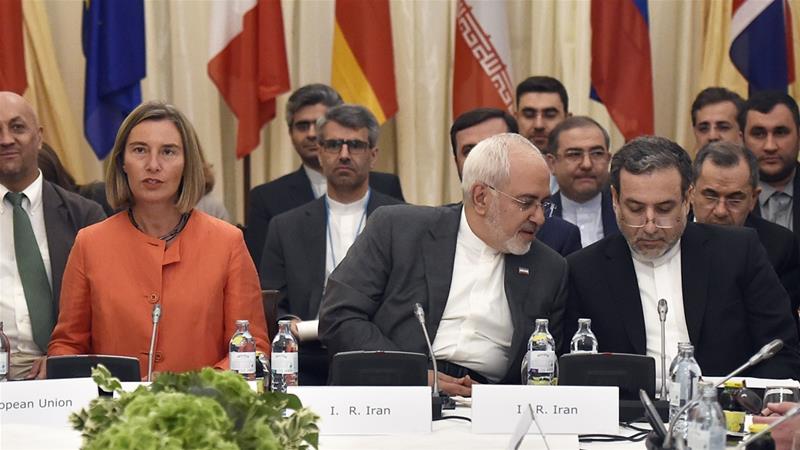Iran is close to a deal with three European members of the July 2015 nuclear deal to open accounts for the Iranian Central Bank, easing pressure on the Islamic Republic’s economy under expanding US sanctions.
Under arrangements with the UK, France, and Germany, new accounts will be opened and old ones reactivated in return for Iran implementing legislation to meet anti-money-laundering standards. The regulations are overseen by the international Financial Action Task Force.
Activation of the bank accounts means the Central Bank can more easily repatriate global oil export revenues and use the money to purchase key products in Europe.
However, the deal could be held up by the Iranian regime. Last week, the Guardian Council blocked the Rouhani Administration’s decision to join the FATF.
The Expediency Council, which mediates disputes within the regime, reportedly said on Tuesday that accession to the FATF will be problematic because of the anti-laundering regulations. Implementation could close off measures that Iran has taken to get around the American sanctions, which threaten any foreign company with US links doing business with Tehran after November 4.
Since Donald Trump’s order on May 8 withdrawing the US from the nuclear deal, the Government has pursued links with the European Union and its members.
The effort has been hindered by the EU’s difficulty in protecting large firms from American retaliation. The French energy giant Total, France’s auto manufacturer PSA, Germany’s Siemens, and the world’s largest shipping company Maersk are among those who have suspended trade and investment.
On Monday, the Dutch airline KLM said it is halting flights to Tehran. Air France had already stopped operations.
The Supreme Leader has demanded European “practical guarantees” for Iran’s economy in return for Tehran’s continued adherence to the Joint Comprehensive Plan of Action.

